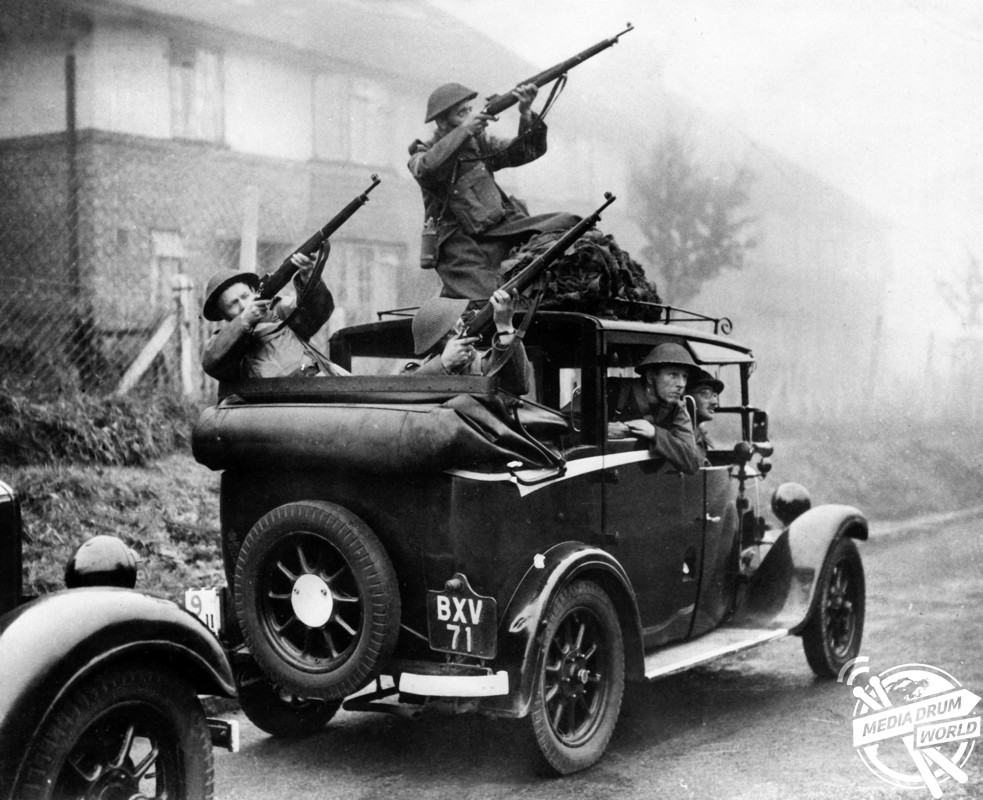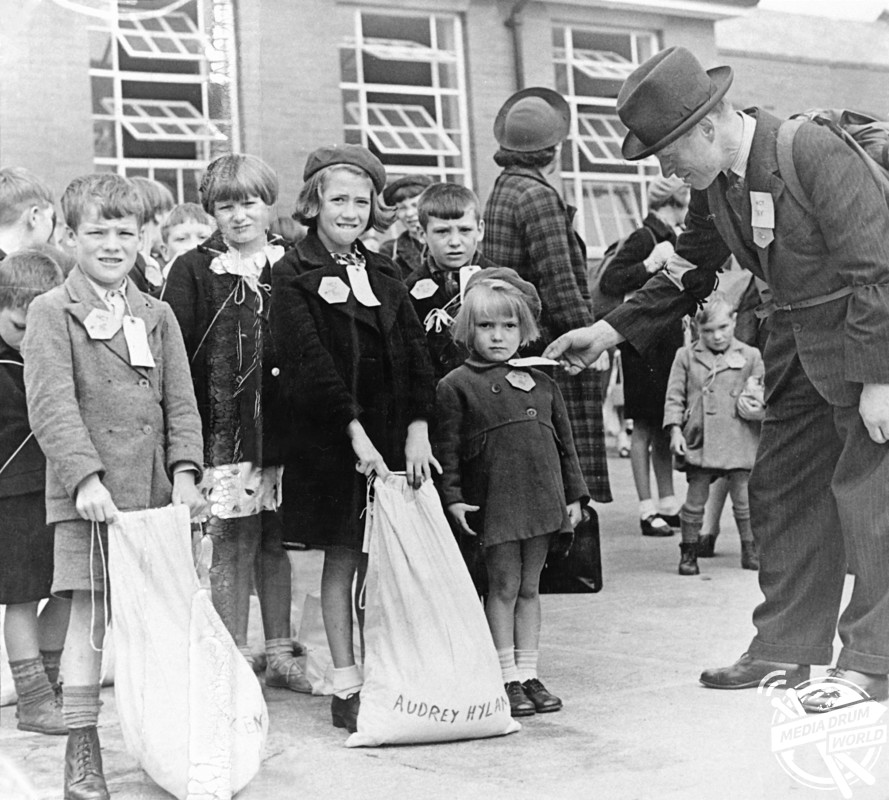
By Liana Jacob
FASCINATING photographs showing how British families coped at home during WW2 have been exposed in a new book.
The black and white pictures reveal the truth behind the lifestyles of British civilians enduring the struggles of the war, hiding in public shelter trenches in the village of Burnham Norton, Norfolk in 1938.
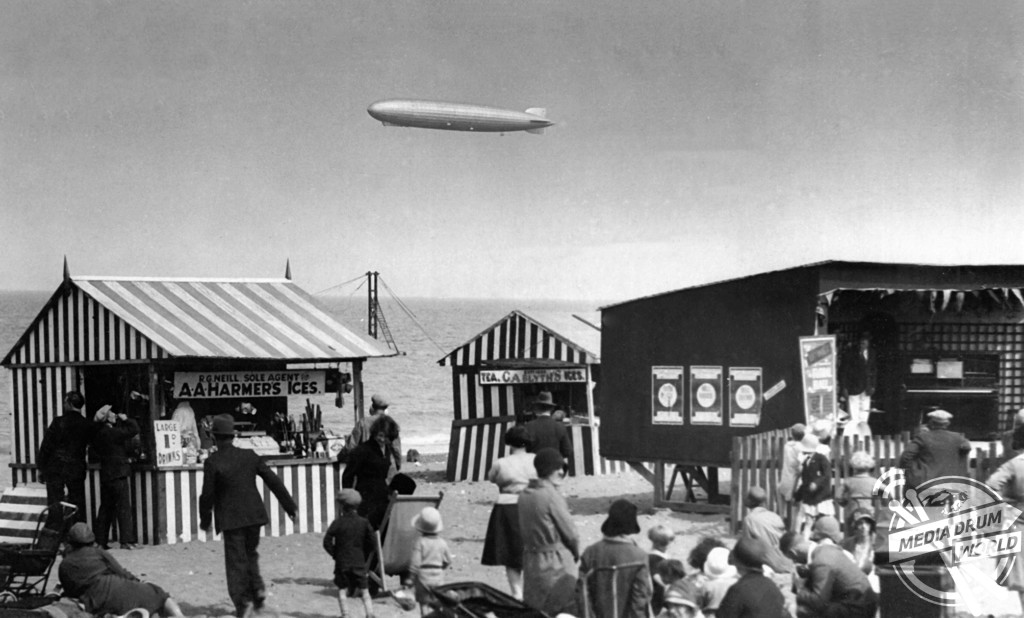
Other images show the intense moment the German airship Graf Zeppelin flew over the British coast in 1931 and a group of Norwich City Engineers wearing gas masks for decontamination in 1939.
Another picture shows a vulnerable family making their way into a newly dug-in Anderson Shelter in Newcastle which contrasts with an endearing portrait of a wartime couple on their wedding day.
The fascinating pictures are included in a new book The Home Front in World War Two by Neil R. Storey and Fiona Kay and is published by Amberley Publishing.
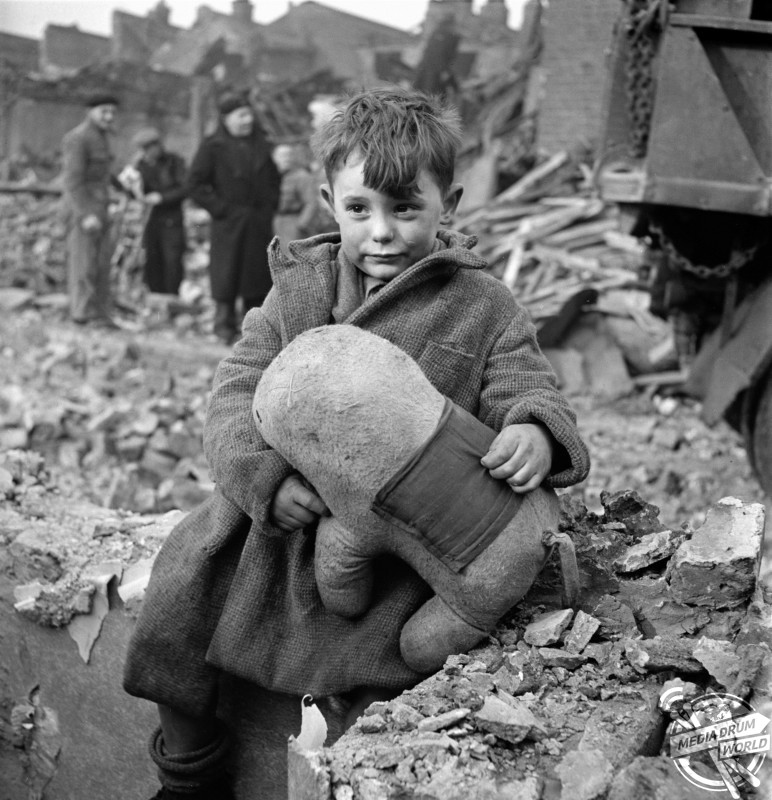
Neil is an award-winning social historian specialising in the study of the outcome of war on British society in the first half of the 20th century.
“It’s now over eighty years since the storm clouds of the Second World War began to gather over Europe and those who lived through those times and endured the war on the Home Front are sadly beginning to fade away,” Neil said.
“I have encountered people who query why we need to remember or even pose the question, ‘why dig that all up again?’ I argue sometimes victory is taken for granted. Britain was not invaded but it was a close-run thing.
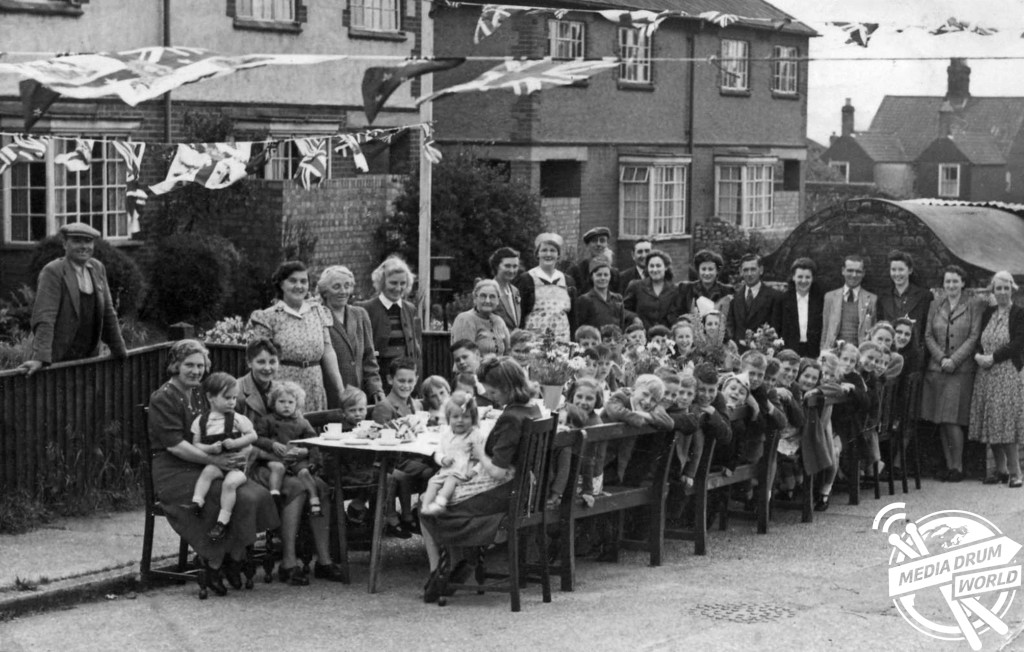
“The people of countries that were occupied, like France, Belgium and Holland, who experienced life under the heel of the Nazi jackboot and knew what it was to be liberated, teach their children to remember the sacrifices of the past and respect the cost of freedom.”
World War Two was a global war that lasted for six years from September 1, 1939, to September 2, 1945, although connected conflicts began earlier than that.
It was the deadliest conflict in human history with 50 million to 85 million fatalities, one of which was the Battle of Britain and Blitz bombing.
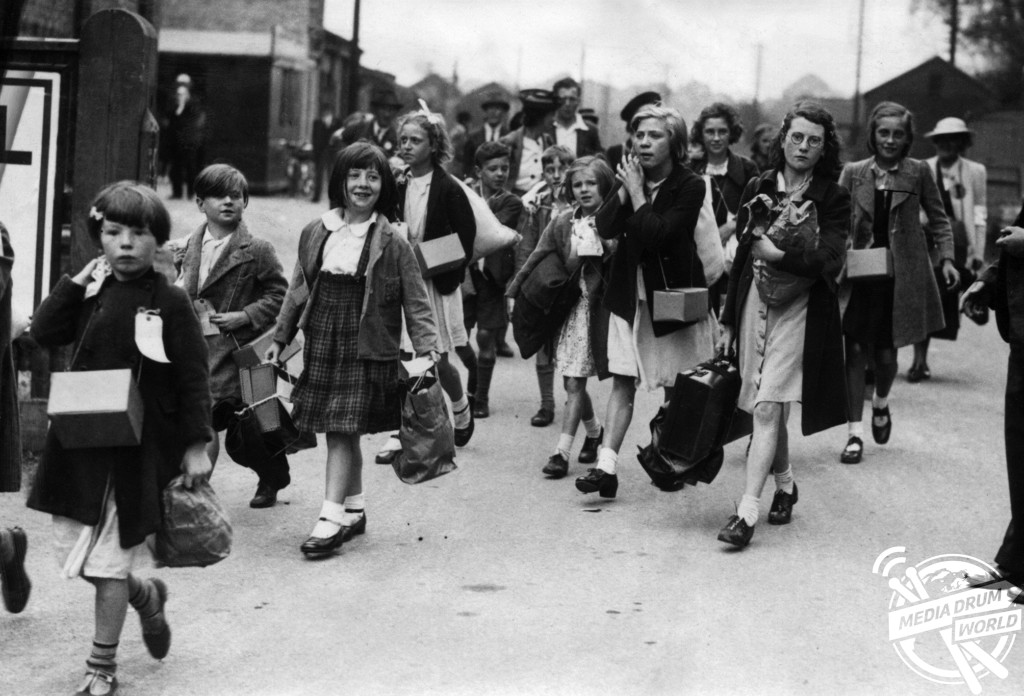
Battle of Britain was a military campaign when the Royal Air Force (RAF) defended the UK against attacks by the German Air Force, which lasted from July 10 to October 31, 1940.
The British victory was at a high cost of 23,002 civilian fatalities and 32,138 wounded in the aftermath.
The following conflict came when Britain faced an attack from Germany from September 7, 1940, to May 11, 1941, known as The Blitz. The term was used by the British press as an abbreviation of Blitzkrieg (lightning war).
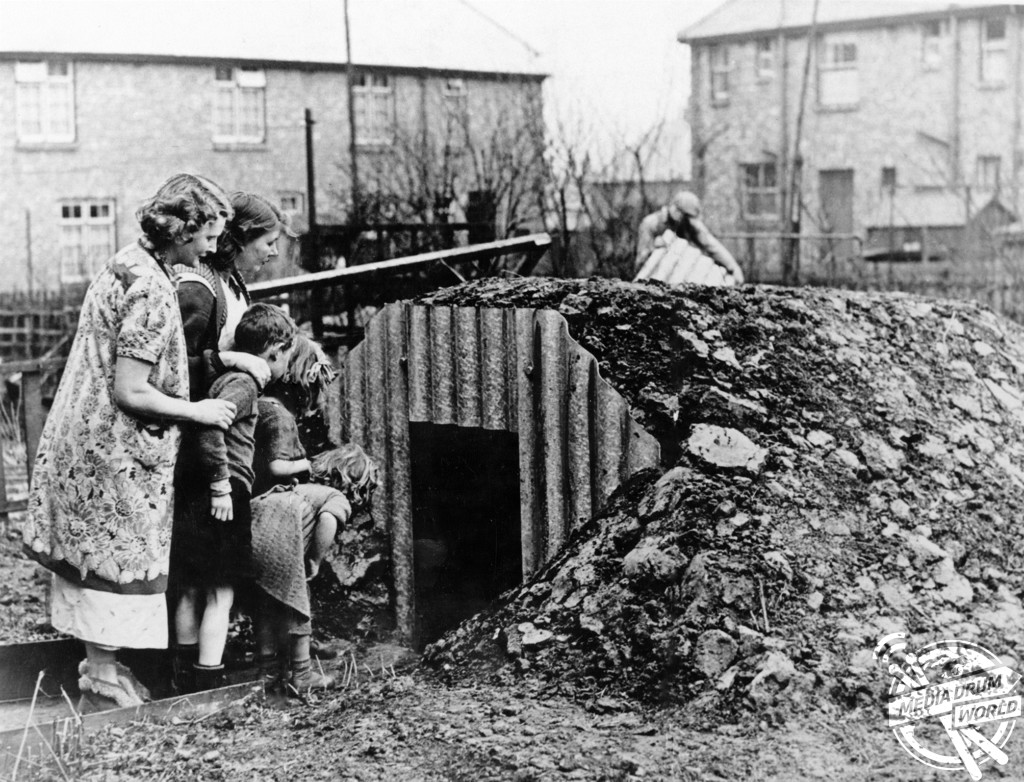
“I consider it a privilege to have grown up knowing some of the last of those who served or lived through both world wars and as a historian I have specialised in the study of the impact of twentieth-century warfare on British society for over twenty-five years,” Neil said.
“This book does not set out to be an encyclopaedic tome, but I hope it will provide a timely and useful volume for anyone approaching the subject for the first time, those researching local or family history or wishing to obtain a concise overview of the topic filled with the handy facts, statistics and stories about the British Home Front.”
The Home Front in World War Two will be published by Amberley Publishing on November 15, 2017, and is available here: https://www.amberley-books.com/the-home-front-in-the-second-world-war.html
